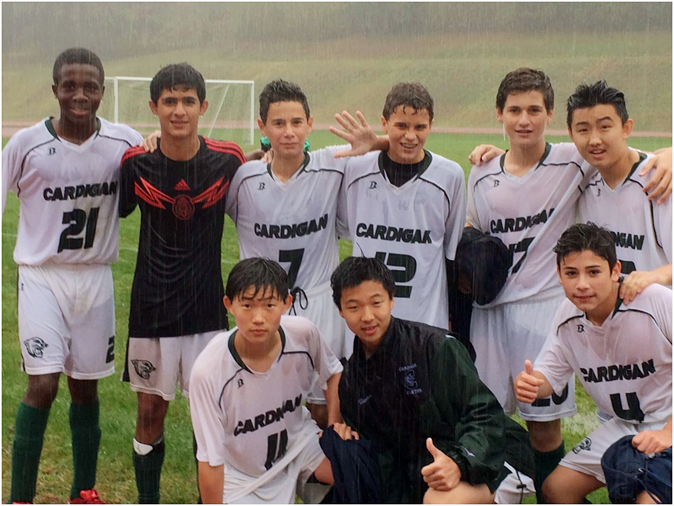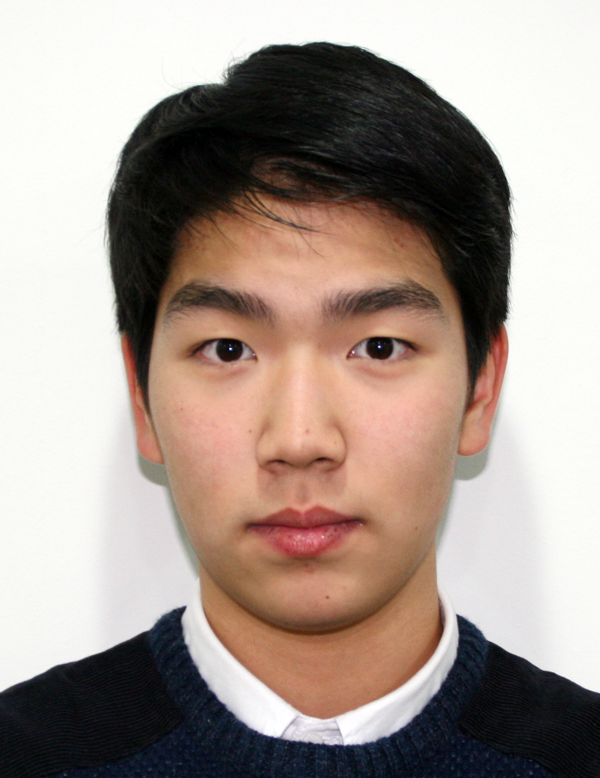“I used to wake up worried about speaking my OWN language”.
This is the story of 17-year-old Korean American William Song.
William was born and raised in Boston, Massachusetts, far away from his parents’ hometown, Seoul, South Korea. William, even at a very young age, always longed for having a life back where most of his family relatives were. Despite his fervent desire, his life in Korea did not begin until he graduated middle school from Cardigan Mountain School, an American institution located in New Hampshire. Unfortunately, when he did come to where he thought he truly belonged, he was met with rejection and negativity.

“I expected Korea to be welcoming. You know…like seeing your long lost brother for the first time”, said William when asked about his initial expectations of his arrival in South Korea.
Instead, people, including his family members, looked at Will as an anomaly, and pushed him away because of his background, especially his language barrier. Whenever he would ask for table salt over dinner, or ask people where the public bathroom is, all in English, Korean people displayed signs of disapproval, and sometimes hostility in extreme cases.
“The subway was the most difficult experience for me. Because the Korean metro is so different from American one, I had to often ask for directions when I first got here. Strangers did not seem too happy to give me help when I used English”, recalled Will.
As moments like those passed by, Will was able to quickly adjust to many aspects about Korean culture, including the strict hierarchy in society based on age. However, one thing that has troubled him since and continues to do so today is his mother tongue, English. Although he always knew that he would have to pick up Korean if he were to settle in his parents’ country, he did not know he would have to do so under much tacit pressure and chastisement.
After two years of his life in Korea, Will has now learned to speak Korean proficiently and does not have problem communicating with his fellow Koreans. Nevertheless, Will’s tendency to frequently mispronounce Korean still earns him great discriminatory looks and stares. And when it comes to discrimination, Will is not alone. Take the example of Swings, a Korean-American rapper who once shared his childhood difficulty about the language barrier and discrimination that he had to face when first coming to Korea. Although he is now an adult who has been living in Korea for years and can speak Korean fluently, the public and media are quick to criticize his pronunciation. Korean people should be positive towards people like Will and Swings who are actually trying to fit into their heritage.
Whether for preserving the tradition or out of mere inherent hatred, people need to stop scrutinizing Koreans who do not speak Korean as their first language. Widespread diversity has allowed many to possess Korean background but speak a different language. Such a phenomenon deserves acceptation as people, like Will, have their individual rights to speak the language they want.

Jordan Seungjin Choi
Grade 12
Saint Paul Preparatory Seoul
By Seungjin Choi

